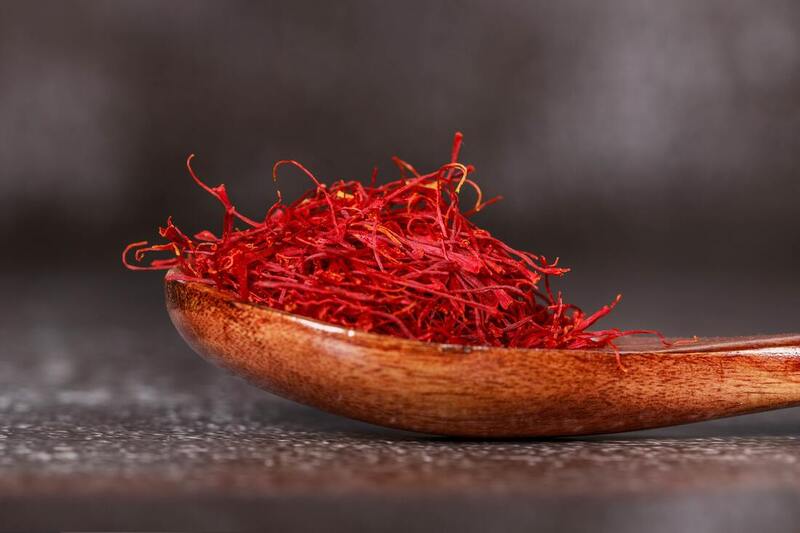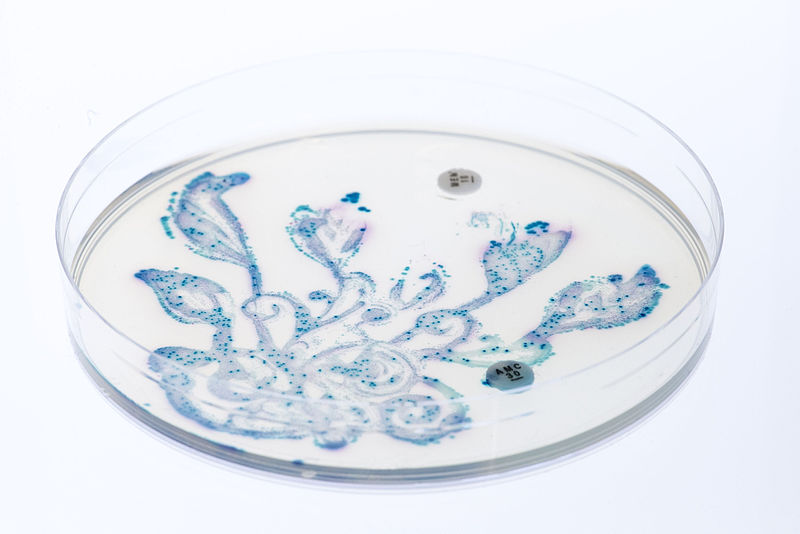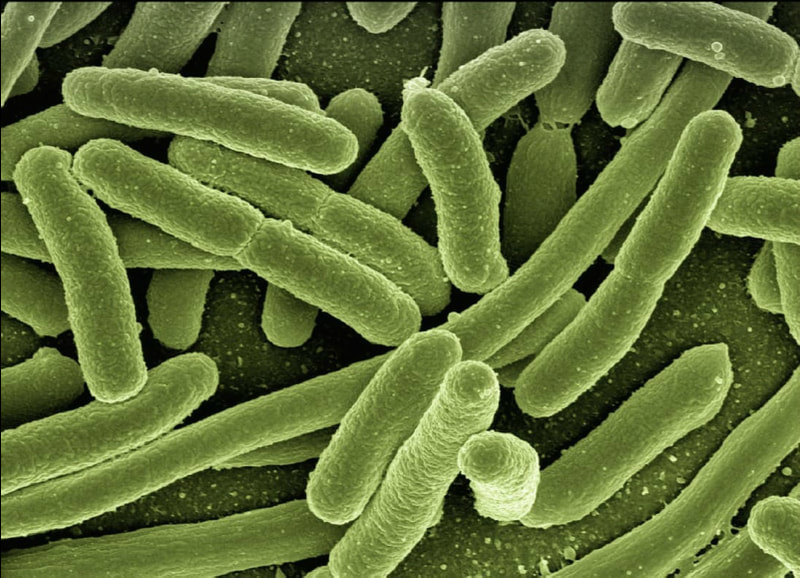Saffron Extract in Improving Sleep Quality
Sleep disorders such as insomnia have become an increased health issue in the world, with 50-70 million adults in the US alone suffering from a sleep disorder. However, these disorders affect more than your sleep. They can cause additional problems such as fatigue, attention deficits, frequent changes in mood, anxiety, or even depression. In people with insomnia, sleeping pills may be used as a form of treatment, but the user may build up a tolerance to the drug, causing it to be less effective. Due to these issues, there is an ongoing search for a safer, more efficient form of treatment.
Research recently published by researchers at the Center of Investigation in Clinical Nutrition of the Université catholique de Louvain suggests that saffron, a commonly used spice, may be beneficial in improving sleep quality and sleep duration through the use of the supplement saffron extract. This study utilized a group of 66 subjects aged between 25-70 years, all of whom had mild to moderate primary sleep disorder and mild to moderate anxiety. The determination of their levels of sleep disorder and anxiety were done so using the Insomnia Severity Index and Perceived Stress Scale.
Research recently published by researchers at the Center of Investigation in Clinical Nutrition of the Université catholique de Louvain suggests that saffron, a commonly used spice, may be beneficial in improving sleep quality and sleep duration through the use of the supplement saffron extract. This study utilized a group of 66 subjects aged between 25-70 years, all of whom had mild to moderate primary sleep disorder and mild to moderate anxiety. The determination of their levels of sleep disorder and anxiety were done so using the Insomnia Severity Index and Perceived Stress Scale.
Image Source: JESHOOTS
This study involved a placebo group and an experimental group. The placebo group was instructed to take one capsule of maltodextrin, an artificial sweetener which will have no effects on the subjects’ sleep disorder every day for 6 weeks, and the experimental group was instructed to take one capsule of saffron extract every day for 6 weeks. The researchers used chlorophyll capsules to mask the appearance of the placebo/saffron extract so that they looked the same. Sleep quality was then assessed once a week before the intervention, in the middle of the intervention (week 3 of taking the capsules), and at the end of the intervention (week 6). Sleep quality was assessed using two methods: actigraphy and questionnaires. Actigraphy, the quantitative method of assessing their sleep, measured the participants’ sleep efficiency, sleep onset latency, time in bed, total sleep time, and wake after sleep onset. After the 6 weeks, the actigraphy data showed no change in the placebo group’s results for these categories, while it showed that those who took the saffron capsules spent more time in bed. The questionnaire showed that those in the experimental group reported an ease in falling asleep, as well as an increase in sleep quality, sleep latency, and amount of sleep compared to the placebo group. In addition, it was also noted that those in the experimental group reported improvement in their physical state and general health.
While these results suggest that saffron supplementation may be a good treatment for sleeping disorders such as insomnia, the sample size of this study was small and may not be representative of the general population. The sample size also consisted of individuals with mild to moderate chronic primary sleep disorder, meaning that the effects of saffron extract on populations with severe sleep disorder cannot be confirmed. As of now, saffron extract cannot replace current medications on the market, although it is suggested that it could be a good supplement to improve sleep quality and duration. Additional research should be conducted in order to find more specific ways in which we can utilize saffron as a supplement for the majority of individuals with sleep disorders.
While these results suggest that saffron supplementation may be a good treatment for sleeping disorders such as insomnia, the sample size of this study was small and may not be representative of the general population. The sample size also consisted of individuals with mild to moderate chronic primary sleep disorder, meaning that the effects of saffron extract on populations with severe sleep disorder cannot be confirmed. As of now, saffron extract cannot replace current medications on the market, although it is suggested that it could be a good supplement to improve sleep quality and duration. Additional research should be conducted in order to find more specific ways in which we can utilize saffron as a supplement for the majority of individuals with sleep disorders.
Featured Image Source: Victoria Bowers
RELATED ARTICLES
|
Vertical Divider
|
Vertical Divider
|
Vertical Divider
|






